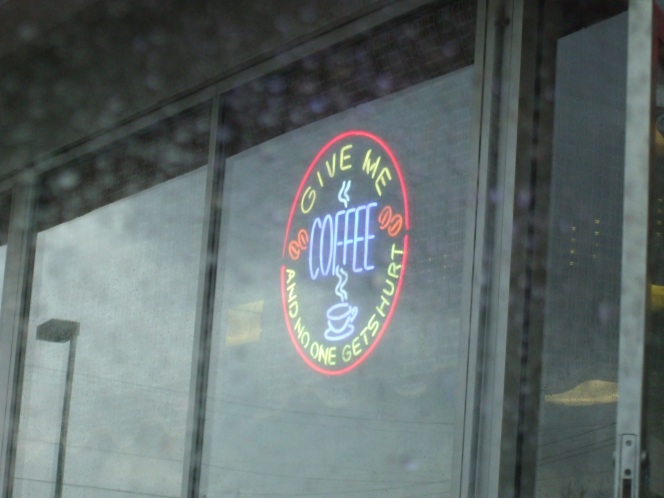A teen sits in a lonely doughnut shop, sipping coffee for the first time as a summer storm lashes the windows. The door opens and someone steps into the too bright shop: an older stranger who looks vaguely familiar, like a forgotten family friend or half-remembered aunt or uncle. The stranger surveys the scene with a wistful glance, pausing in horror and wonder at the sight of the teen huddled over a dingy mug. . . .
Like a First Kiss traces a long conversation between a teenager and an adult who has traveled back in time to visit the small, overlooked places of life--an adult who is an older version of the same teen. You'll need a coffee cup, some slips of paper, and a couple of six-sided dice to play. As you begin, each player takes three slips and briefly notes some detail from the character's life such as a person, a place, or a key event. Folded and tossed in the mug, these form a framework for he conversation between the teen and adult aspects of the character.
On your turn you play the part of the teen and the player to your right assumes the role of the stranger from the future. Draw a slip to find a topic while the person playing the stranger rolls a die. On a five or six the teen hasn't experienced the detail on the card--the stranger accidentally asked about an encounter in the teenager's future. Otherwise, the detail relates to the teen's recent life or childhood.
The two nervously chat, never explicitly stating that the stranger is an older version of the teen. The person playing the teen clutches the mug as the themes and topics from the cards emerge. The conversations can go in any direction, but remember that the two aspects of the character have different experiences and perspectives. Something the teen views as mundane or prosaic might serve as the foundation of one of the adult's most beautiful and meaningful memories, or the adult may have forgotten about a person or place that the teen adores. Listen to the other scenes, reincorporating themes and questions that appeared to give your scene more depth. The other players can ask for more information, or suggest background details (something on the TV above the counter, a snippet of overheard conversation).
The game winds down after everyone has had at least two scenes as the teenager. The storm clears, and the teen and stranger walk into the parking lot, pausing to look stars emerging from behind the clouds. Each player has a final turn to describe one possible experience, thought, or question the teen has on the way home.


No comments:
Post a Comment